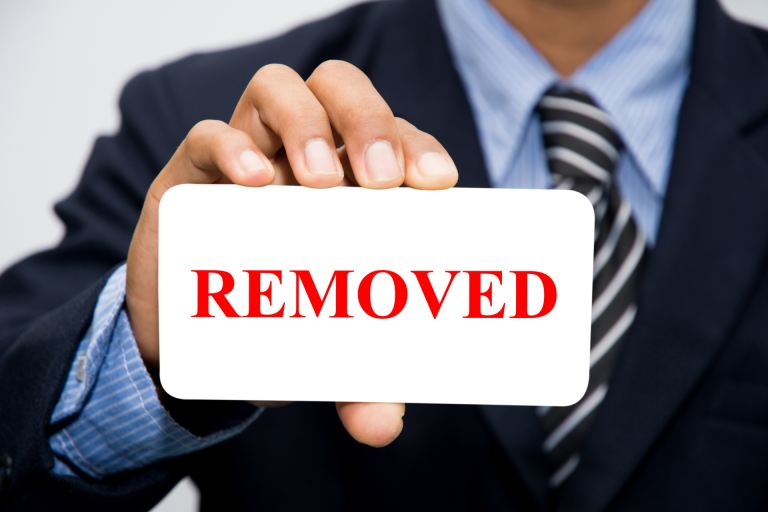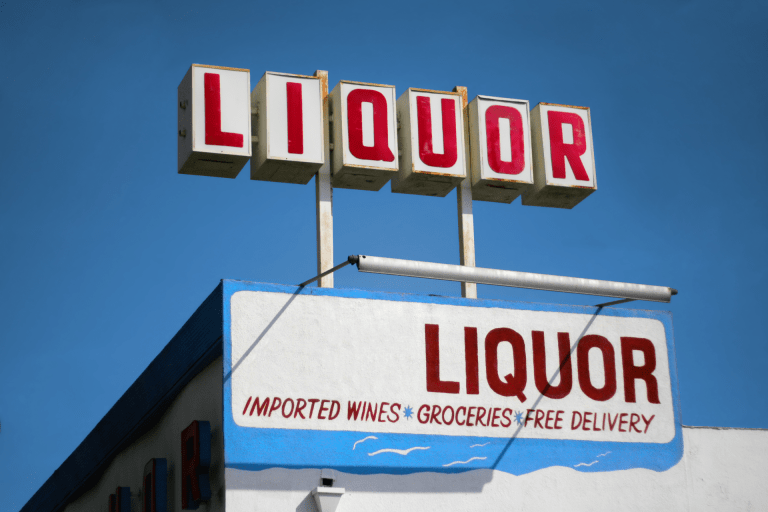Likelihood of confusion is a term in trademark law that measures how likely it is for the average consumer to confuse the products or services of two brands. It is the central issue in any trademark infringement claim under the Lanham Act, the federal law that governs trademarks in the United States.
If two marks are so similar that they are likely to cause confusion among consumers, the owner of the earlier trademark may be able to stop the use of the later trademark and seek damages for any losses caused by the infringement.
How is the Likelihood of Confusion Determined?
There is no simple formula or test to determine whether two marks are likely to cause confusion among consumers. Each case is decided on its own facts and circumstances, taking into account various factors that may affect consumer perception.
Some of the most common factors that courts consider are:
- The similarity of the marks in appearance, sound, meaning, and commercial impression.
- The similarity of the goods or services that the marks identify.
- The strength or distinctiveness of the marks.
- The evidence of actual confusion among consumers.
- The intent of the defendant in adopting the mark.
- The sophistication of the consumers and their degree of care in purchasing the goods or services.
These factors are not exhaustive or exclusive, and not all of them may be relevant or applicable in every case. The weight and importance of each factor may vary depending on the facts and evidence presented.
The ultimate question is whether a reasonable consumer, encountering the marks in the marketplace, would be likely to assume that they come from a common source or are somehow affiliated or connected.
Here are some examples of cases where courts found two trademarks to be confusingly similar:
- Starbucks Corp. v. Wolfe’s Borough Coffee, Inc.: The court found the likelihood of confusion between Starbucks’ famous mark and Wolfe’s mark “Charbucks” for coffee products, based on the similarity of the marks, the identical nature of the goods, and the evidence of actual confusion among consumes.
- Adidas America, Inc. v. Payless Shoesource, Inc.: The court found the likelihood of confusion between Adidas’ well-known three-stripe mark and Payless’ use of two- and four-stripe designs on footwear, based on the similarity of the marks, the relatedness of the goods, and the strength and recognition of Adidas’ mark.
- AMF Inc. v. Sleekcraft Boats: The court found the likelihood of confusion between AMF’s mark “Slickcraft” and Sleekcraft’s mark “Sleekcraft” for recreational boats, based on the similarity of the marks, the relatedness of the goods, and the evidence of actual confusion among consumers.
How Can Businesses Avoid the Likelihood of Confusion?
If you want to avoid infringing on someone else’s trademark rights, you should conduct a thorough trademark search before adopting or using a new mark for your business. A trademark search can help you identify any existing marks that may be similar or identical to yours, and assess the risk of potential conflicts.
You can use online databases such as the USPTO’s Trademark Electronic Search System (TESS) to search for registered trademarks, as well as other sources such as domain name registries, social media platforms, and search engines, to search for unregistered trademarks.
However, conducting a trademark search on your own may not be enough to ensure that your mark is clear and available. You may miss some relevant marks or overlook some important factors that could affect the likelihood of confusion analysis.
Therefore, it is advisable to consult with an experienced trademark attorney who can help you perform a comprehensive trademark search and provide you with a professional opinion on whether your mark is likely to cause confusion with any existing marks.
Jurado & Associates, P.A. Can Help You
At Jurado & Associates, P.A., we have extensive experience in handling all aspects of trademark law, including trademark searches, registrations, enforcement, and litigation. We can help you protect your brand identity and reputation from any potential infringers who may try to take advantage of your goodwill. If you have any questions or concerns about trademark law, please do not hesitate to contact us today. You can reach us by phone at (305) 921-0976, by email at [email protected], or by WhatsApp at +1 (305) 921-0976. We look forward to hearing from you and assisting you with your trademark needs.






